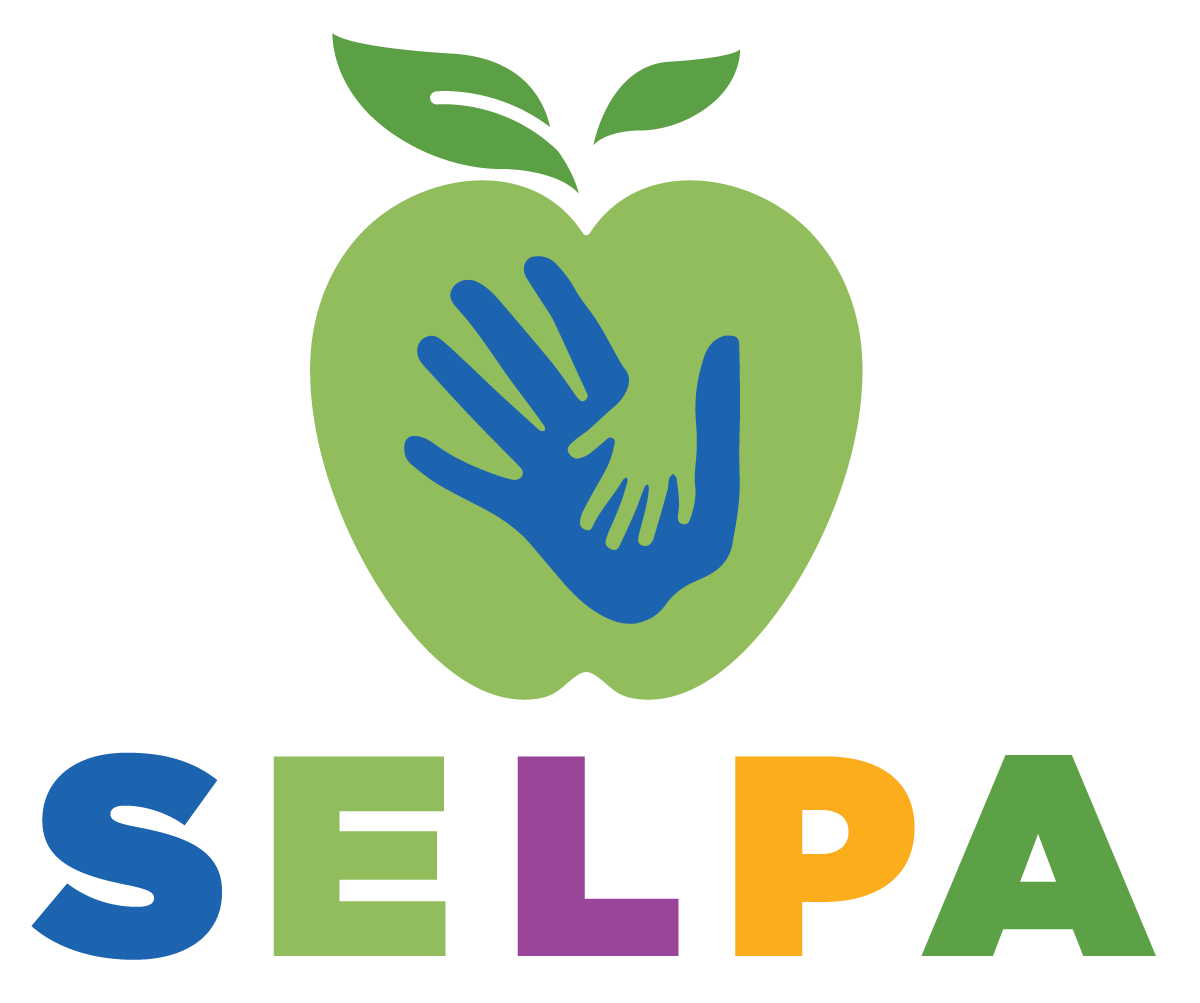Alternative Dispute Resolution (ADR)
Alternative Dispute Resolution (ADR)
What is Alternative Dispute Resolution (ADR)?
Alternative Dispute Resolution (ADR) is an umbrella term referring to the informal method of settling disagreements that may arise. In the field of special education, areas of disagreement sometimes involve implementation of the individualized education program (IEP), assessments and timelines, the content of the IEP, and the appropriateness of special education programs and/or services. It is the intent of the Individuals with Disabilities Education Act (IDEA) that the IEP process be a non-adversarial one, and SELPA staff is there to support families and school and district staff in coming to agreement and moving forward.
ADR uses specific practices to promote understanding, open communication, and satisfying solutions to conflict that support and strengthen relationships.
The goal of using ADR is to achieve student-centered resolutions early in a dispute. Participants in ADR have an opportunity to openly share their concerns, gain insight into the positions of the school district, learn new ways to communicate, re-establish lines of communication, and negotiate their own position in an informal, non-intimidating space.
ADR is designed to meet the interests of the parties towards a mutually agreeable outcome rather than living with a decision made by a third party, such as a hearing officer or judge.
